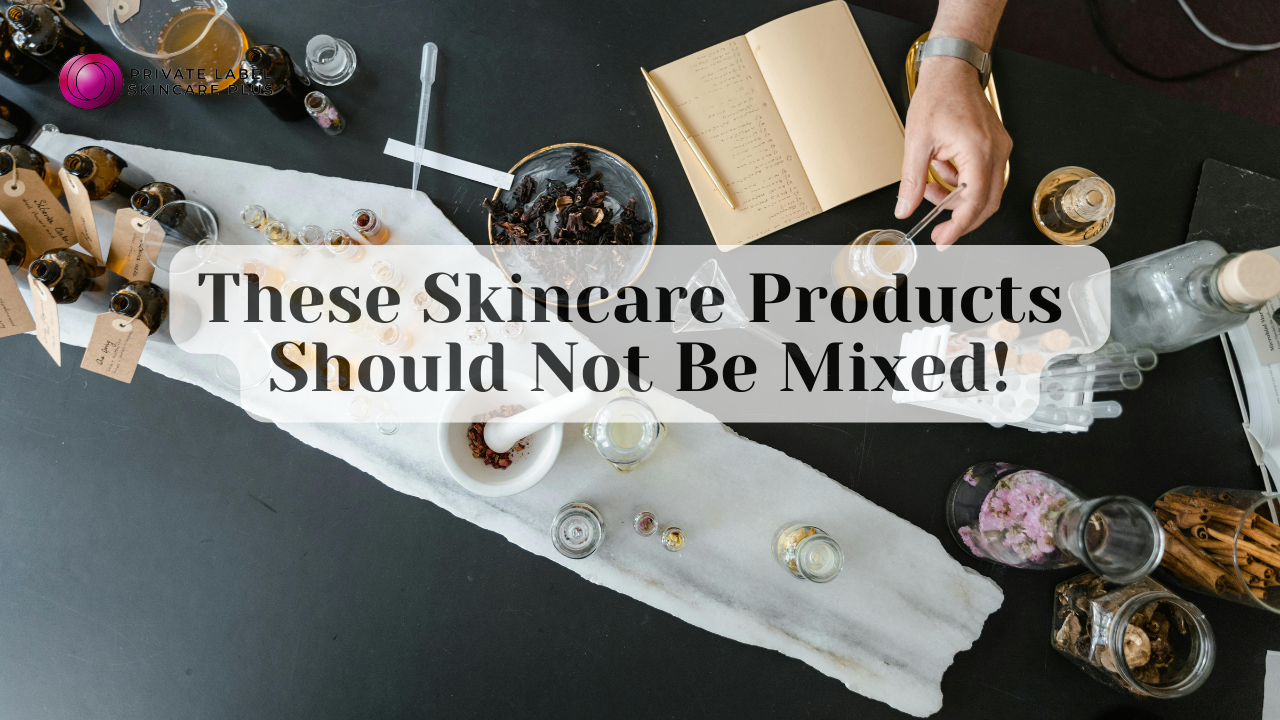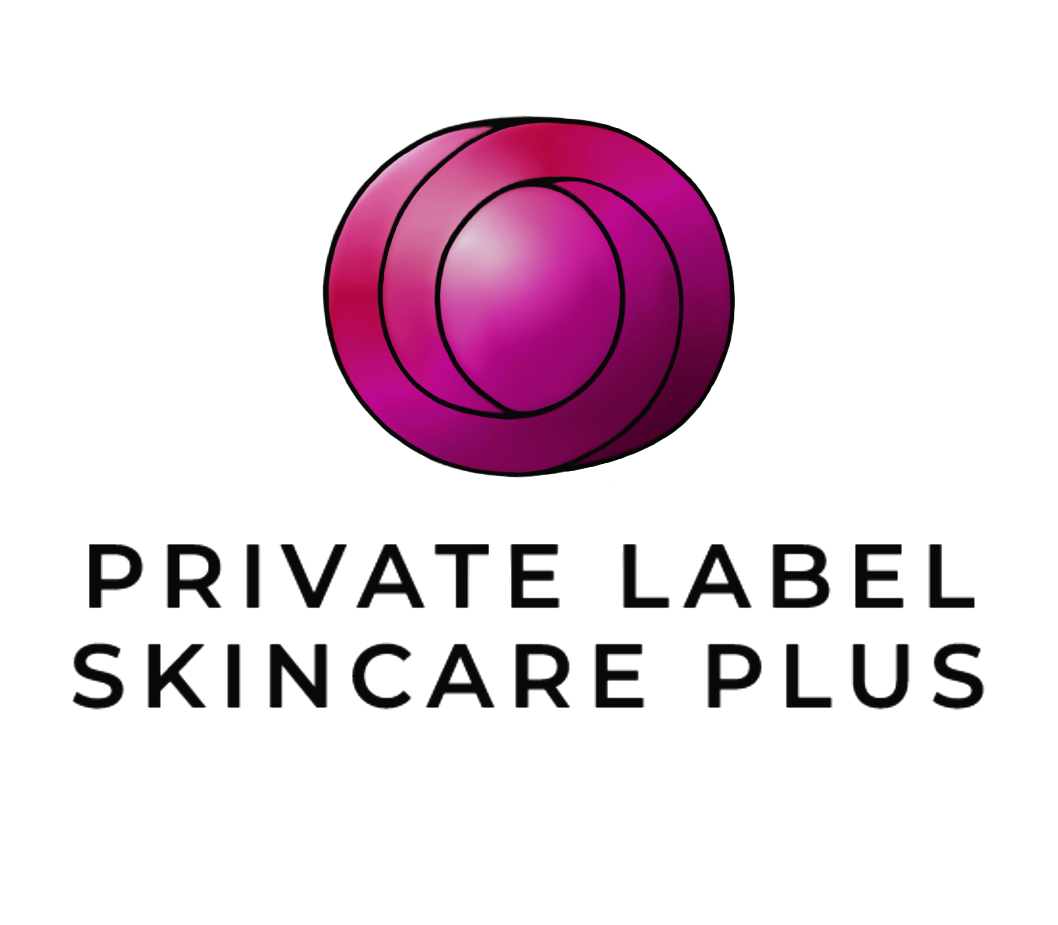In the pursuit of flawless, glowing skin, many of us experiment with multiple skincare products, often layering serums, creams, and treatments in hopes of enhancing results. However, not all products work well together. Some combinations can render active ingredients ineffective or, worse, irritate and damage the skin. Understanding which skincare products should not be mixed is vital for maintaining a healthy complexion and avoiding common pitfalls in skincare routines.
Why Some Skincare Products Don’t Mix
The effectiveness of skincare products depends on how their ingredients interact with each other. Some combinations can destabilize active ingredients or disrupt the skin’s natural pH balance. For example, pairing certain exfoliants with retinoids can lead to over-exfoliation, causing redness and sensitivity. Being mindful of product compatibility ensures optimal results and protects your skin from harm.
Common Skincare Ingredients That Clash
Here are some common skincare ingredients that don’t go well together.
Retinol and Vitamin C
Retinol and Vitamin C are both powerful skincare ingredients, but they are not friends. Vitamin C, often acidic in nature, can destabilize retinol, reducing its effectiveness. Using them together can also irritate sensitive skin. To maximize their benefits, use Vitamin C in the morning and retinol at night.
AHAs/BHAs and Retinol
Alpha hydroxy acids (AHAs) and beta hydroxy acids (BHAs) are exfoliants that can make the skin more sensitive to retinol. Combining these can lead to excessive peeling, irritation, and a compromised skin barrier. Alternate their use on different days or consult a dermatologist for advice.
Niacinamide and Vitamin C
Although these two ingredients are beneficial on their own, they can chemically cancel each other out when used together in their pure forms. Some advanced formulations have addressed this issue, but if unsure, avoid layering them in the same routine to prevent any adverse reactions.
Benzoyl Peroxide and Retinol
Both benzoyl peroxide and retinol are potent acne treatments, but combining them can lead to dryness, irritation, and redness. Use benzoyl peroxide in the morning and retinol at night to maintain balance in your routine.
Oils and Water-Based Products
Oils tend to create a barrier on the skin that can prevent water-based products from penetrating effectively. For best results, apply water-based serums and treatments first, followed by oils to lock in moisture.
The Science of Layering Skincare Products
Layering skincare products correctly is crucial for their effectiveness. Start with the thinnest, water-based products like serums and progress to heavier creams and oils. Sunscreen should always be the final step in your morning routine. Proper layering ensures that active ingredients absorb fully without interacting negatively with each other.

How to Safely Experiment with Custom Formulations
Custom skincare formulations are tailored to meet specific skin needs, minimizing the risk of incompatible ingredients. By working with trusted manufacturers, such as Private Label Skincare Plus, consumers can enjoy products that address unique concerns while ensuring ingredient harmony. Consulting with a dermatologist or skincare expert can also help you design a routine that’s both safe and effective.
The Role of Branding and Packaging in Product Safety
Product safety starts with clear and informative branding. High-quality silkscreen packaging ensures that ingredient lists and instructions are easy to read and durable. For brands engaged in private labeling, transparency is key. Trustworthy manufacturers prioritize clearly defined formulations, giving consumers confidence in the safety and efficacy of their skincare products.
Tips for Avoiding Product Incompatibility
- Read Ingredient Lists: Always check product labels for active ingredients that may clash.
- Patch-Test New Products: Test products on a small area of skin before applying them to your face.
- Consult Experts: If you’re unsure, seek advice from a dermatologist or skincare professional.
- Stick to Basics: Avoid overloading your routine with too many actives at once.
Conclusion
Skincare is an investment in your skin’s long-term health, but using the wrong product combinations can do more harm than good. By understanding which products to avoid mixing, you can create a routine that’s safe, effective, and tailored to your skin’s needs. Manufacturers like Private Label Skincare Plus make it easier to choose products with high-quality custom formulations, clear labeling, and safe ingredient combinations. Remember, healthy skin starts with informed choices and the right products.
FAQs
Why is it important to avoid mixing certain skincare products?
Mixing incompatible skincare products can lead to irritation, redness, reduced efficacy of active ingredients, or even damage to your skin barrier. Understanding product compatibility ensures healthier, glowing skin.
Are custom skincare formulations safer for the skin?
Yes, custom formulations are designed to suit individual skin needs, ensuring that ingredients are compatible and effective. They minimize the risk of adverse reactions compared to off-the-shelf products.
How can you tell if two skincare products are incompatible?
Look for active ingredients that are known to clash, such as benzoyl peroxide and retinol or niacinamide and Vitamin C. Always read the product labels, follow usage instructions, and patch-test new products before use.


